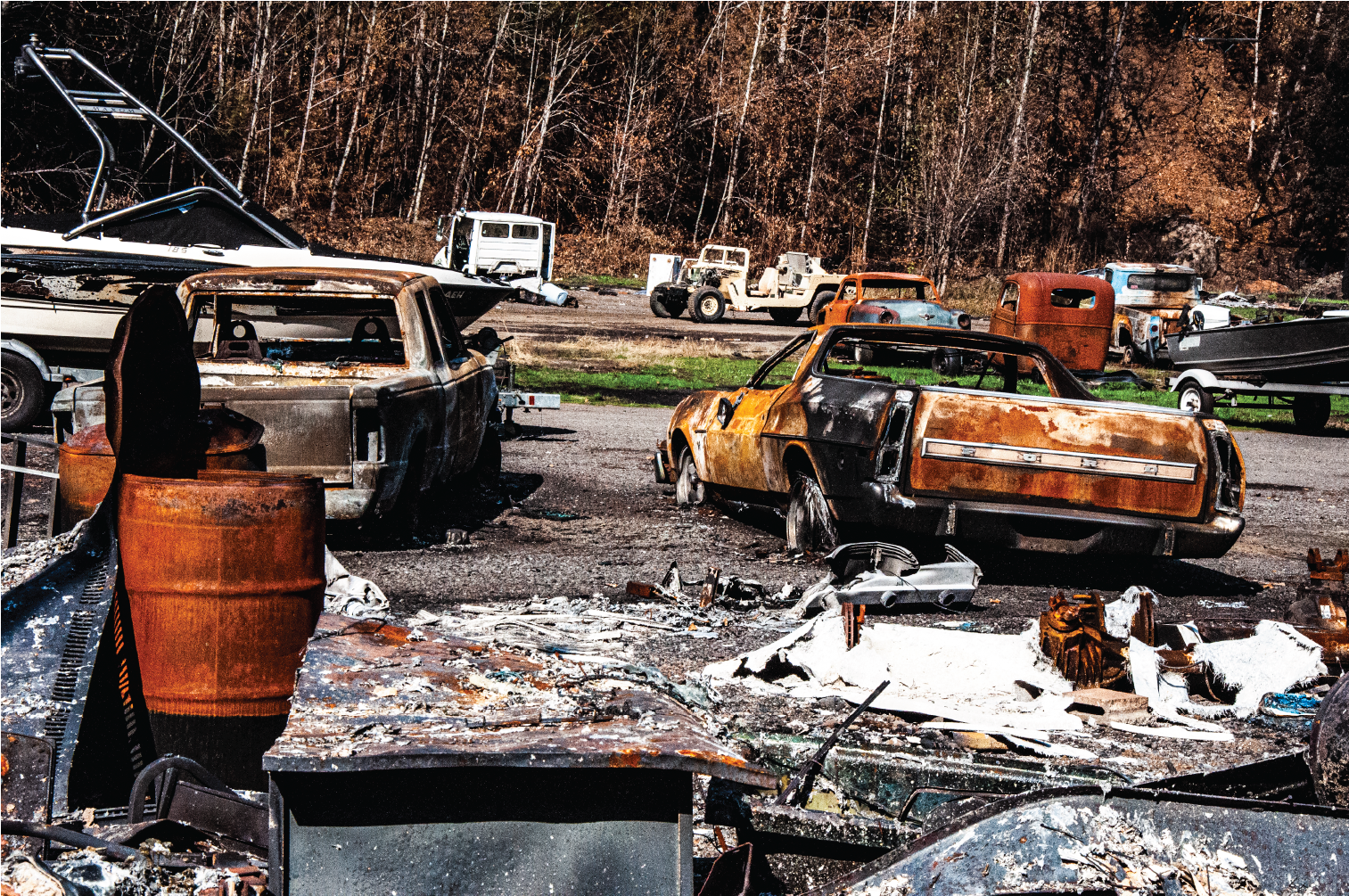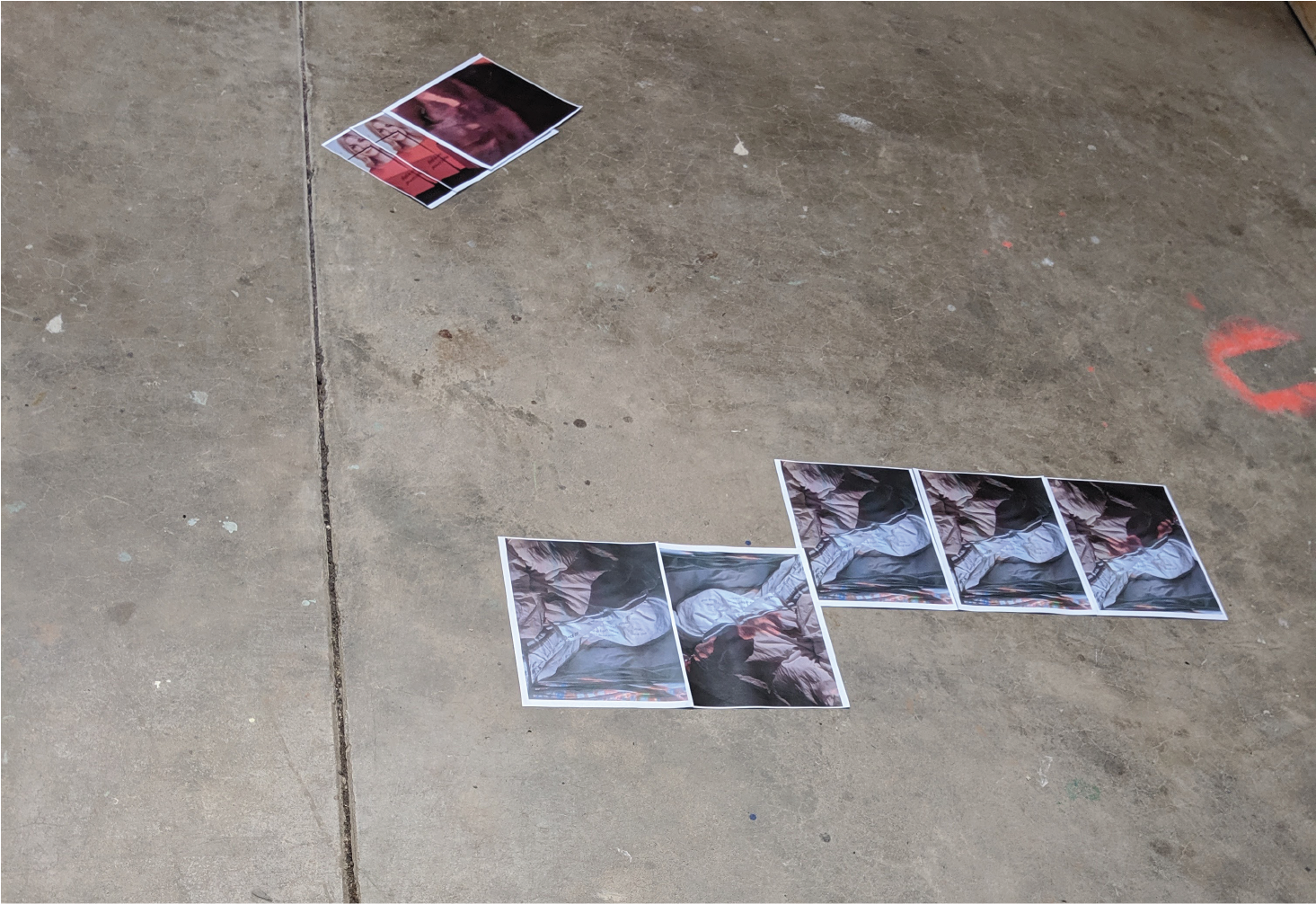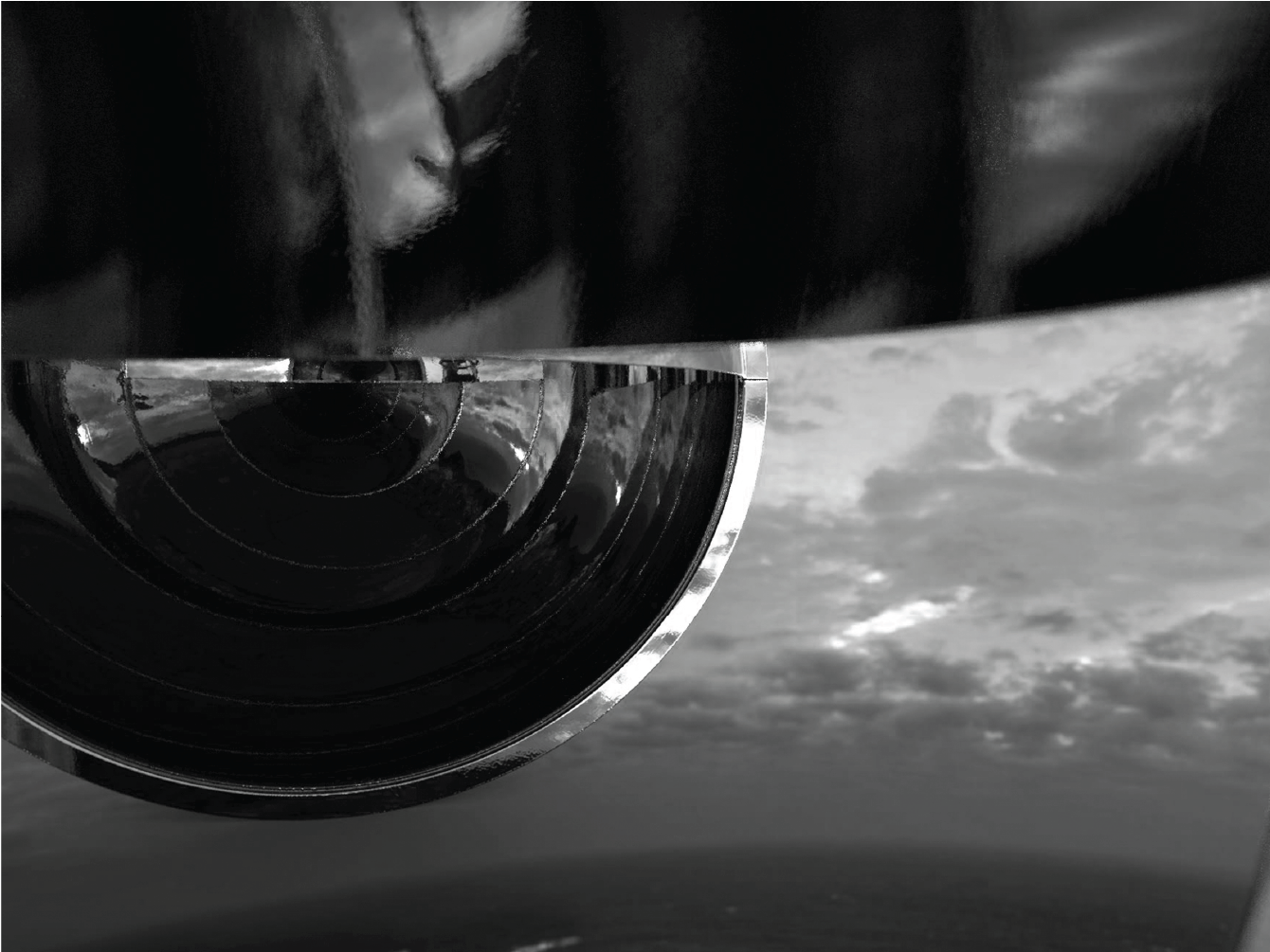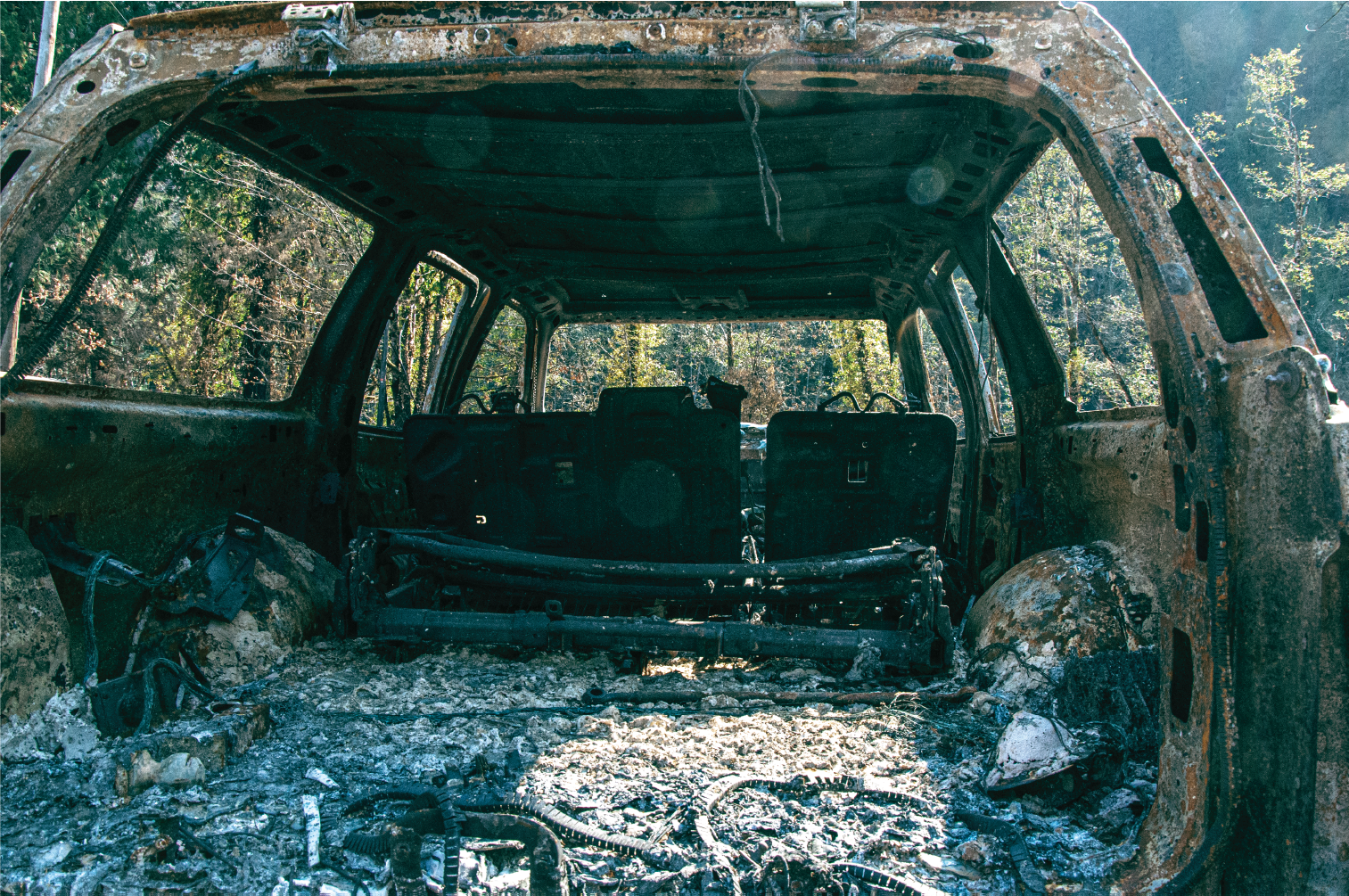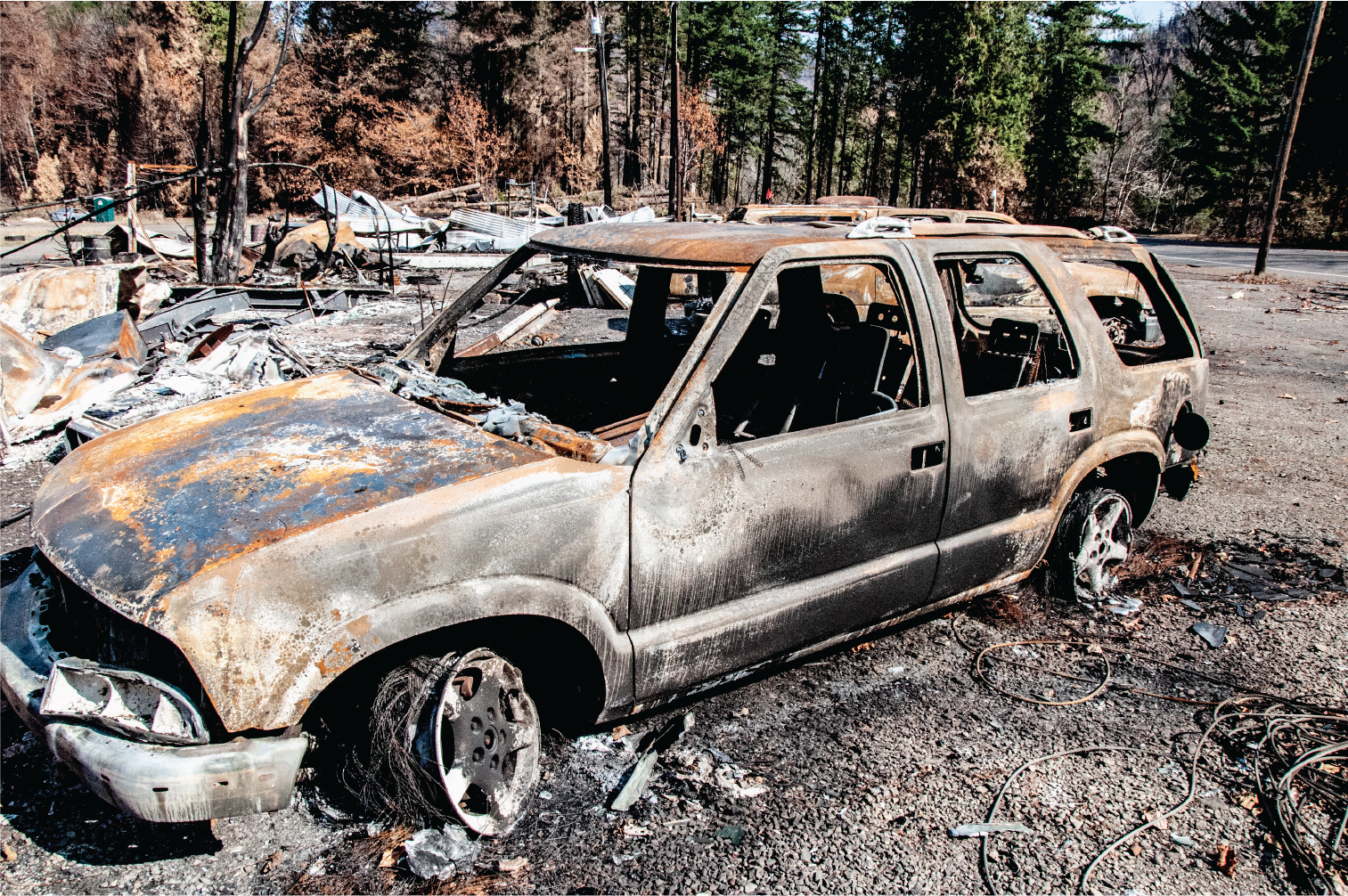Kara Clarke explores connections between art and media history. By highlighting shifting processes of valuation she anchors her work between analogy and affect. Outcomes range widely, often taking the form of writing, sculpture and installation.
I don't want your future
I'll never return
I'll be born into the pastI'm never coming home
Why did you separate me from the earth?What did you stand to gain?
-Anohni, Why Did You Separate Me from the Earth?
This feels like leaving a note in someone’s yearbook and I’m not sure what will do the trick. At this point, I’m not sure how to think about immediacy let alone the future. It's too overwhelming.
In 2016 post-truth loped into first place as the word of the year. For many young artists and emerging students, the highnoon of conceptual art is now over fifty years old. Facing both ongoing and unprecedented varieties of disaster, many of us have become embittered towards the condemnation of existing structures, longing to hold on to whatever shelter remains available. Others are unsettled, we know something inescapably important isn’t working.
It might be surprising but, I don’t think of myself as a science fiction fan. I think it’s because I’ve always believed that anything was possible. I didn’t have a desire to define what that might be, or if it could be better, faster or if things might become more frightening or convenient. I just don’t care. But that’s because I believed in what was possible.
So much of existing as an artist seems to be about performing a version of what you have. I’ve always had problems doing that consistently. In the past, I’ve reached back into historical moments in art or pop culture, or spaces in thinking to look for parts of time that I thought were interesting or significant or possibly overlooked. But I’m not sure that method is viable.
What is art supposed to do for us - and is that a fair question? I think it’s supposed to rearrange our options. Our options for defining ourselves, our goals, eachother, our expectations for feeling things or our expectations for interpretation. Art can store things that actually never existed. One of the things education and art and science have in common is that they store things that have not yet happened. Maybe one day in America, public education will exist.
